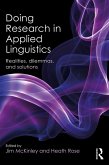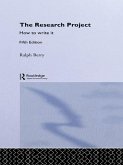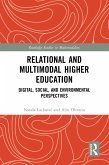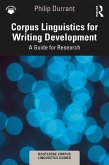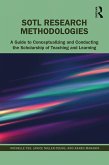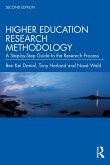- outlines the steps involved in solving the problem and completing a successful, and publishable, project;
- provides case studies of obstacles faced at each stage of research, from preliminary planning to report writing;
- addresses issues of validity and reliability during data collection and analysis;
- discusses ethical issues in research dealing with vulnerable groups including children, refugees, and students;
- includes examples from longitudinal studies, and both qualitative and quantitative research.
Doing Research in Applied Linguistics is essential reading for students studying research methods, or for those embarking on their first research project in applied linguistics or language education.
Dieser Download kann aus rechtlichen Gründen nur mit Rechnungsadresse in A, B, BG, CY, CZ, D, DK, EW, E, FIN, F, GR, HR, H, IRL, I, LT, L, LR, M, NL, PL, P, R, S, SLO, SK ausgeliefert werden.
Patrick Danaher, University of Southern Queensland and Central Queensland University, Australia
"Students of applied linguistics are invariably frustrated by the gaping lacuna between the rosy, trouble-free picture painted by their methodology textbooks and the intractable messiness of real research they find themselves in. This excellent collection of contributions by seasoned applied linguists takes novice researchers behind the scenes and shares rarely heard stories of how thorny and often unexpected problems have been overcome in a creative, productive, and rigorous way."
Hu Guangwei, National Institute of Education, Singapore
"This book is an excellent introduction into the imperfect world of applied linguistics research. It offers advice and solutions to many problems that applied linguists face while conducting their research. It will be an essential point of reference for postgraduate research students and will make a worthwhile addition to the libraries of established academics."
Oksana Afitska, University of Sheffield, UK



